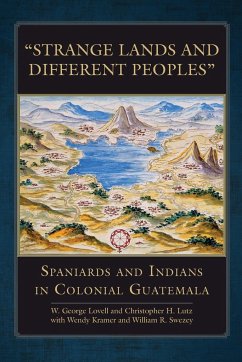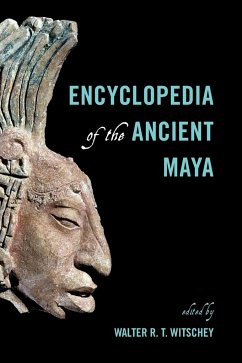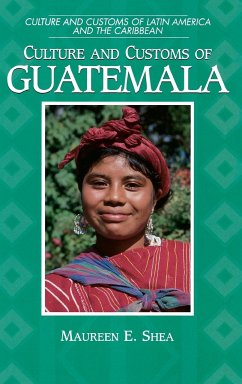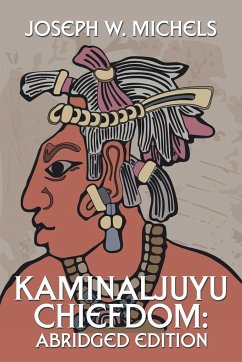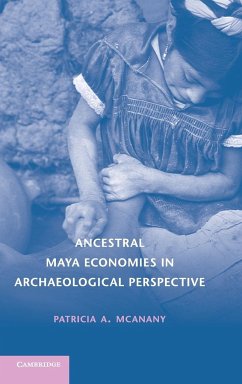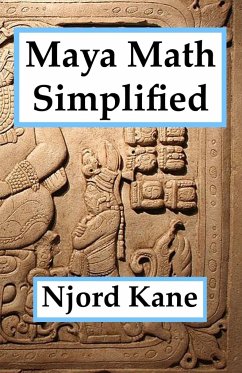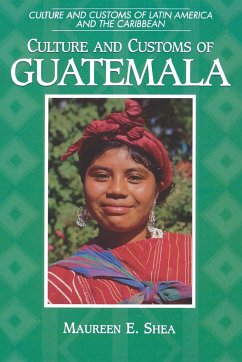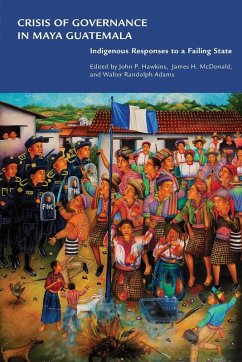
Crisis of Governance in Maya Guatemala
Indigenous Responses to a Failing State
Herausgeber: Mcdonald, James H.; Hawkins, John Palmer; Adams, Walter Randolph
Versandkostenfrei!
Versandfertig in 1-2 Wochen
27,99 €
inkl. MwSt.

PAYBACK Punkte
14 °P sammeln!
Explores the breakdown in governance in two Maya communities The possibility of violence beneath a thin veneer of civil society is a fact of daily life for twenty-first-century Guatemalans, from field laborers to the president of the country. Crisis of Governance in Maya Guatemala explores the causes and consequences of governmental failure by focusing on life in two K'iche' Maya communities in the country's western highlands. The contributors to this volume, who lived among the villagers for some time, include both undergraduate students and distinguished scholars. They describe the ways Maya...
Explores the breakdown in governance in two Maya communities The possibility of violence beneath a thin veneer of civil society is a fact of daily life for twenty-first-century Guatemalans, from field laborers to the president of the country. Crisis of Governance in Maya Guatemala explores the causes and consequences of governmental failure by focusing on life in two K'iche' Maya communities in the country's western highlands. The contributors to this volume, who lived among the villagers for some time, include both undergraduate students and distinguished scholars. They describe the ways Mayas struggle to survive and make sense of their lives, both within their communities and in relation to the politico-economic institutions of the nation and the world. Since Guatemala's thirty-six-year civil war ended in 1996, the state has been dysfunctional, the country's economy precarious, and physical safety uncertain. The intrusion of Mexican cartels led the U.S. State Department to declare Guatemala "the epicenter of the drug threat" in Central America. Rapid cultural change, weak state governance, organized crime, pervasive corruption, and ethnic exclusion provide the backdrop for the studies in this volume. Seven nuanced ethnographies collected here reveal the complexities of indigenous life and describe physical and cultural conflicts within and between villages, between insiders and outsiders, and between local and federal governments. Many of these essays point to a tragic irony: the communities seem largely forgotten by the government until the state seeks to capture their resources-timber, minerals, votes. Other chapters portray villages responding to criminal activity through lynch mobs and by labeling nonconformist youth as gang members. In focusing on the internal dynamics of poor, marginal communities in Guatemala, this book explores the realities of life for indigenous people on all continents who are faced with the social changes brought about by war and globalization. John P. Hawkins is Professor of Anthropology at Brigham Young University in Provo, Utah. James H. McDonald is Professor of Anthropology and Dean of Humanities and Social Sciences at Southern Utah University. Walter Randolph Adams is Adjunct Assistant Professor of Anthropology at Brigham Young University.





